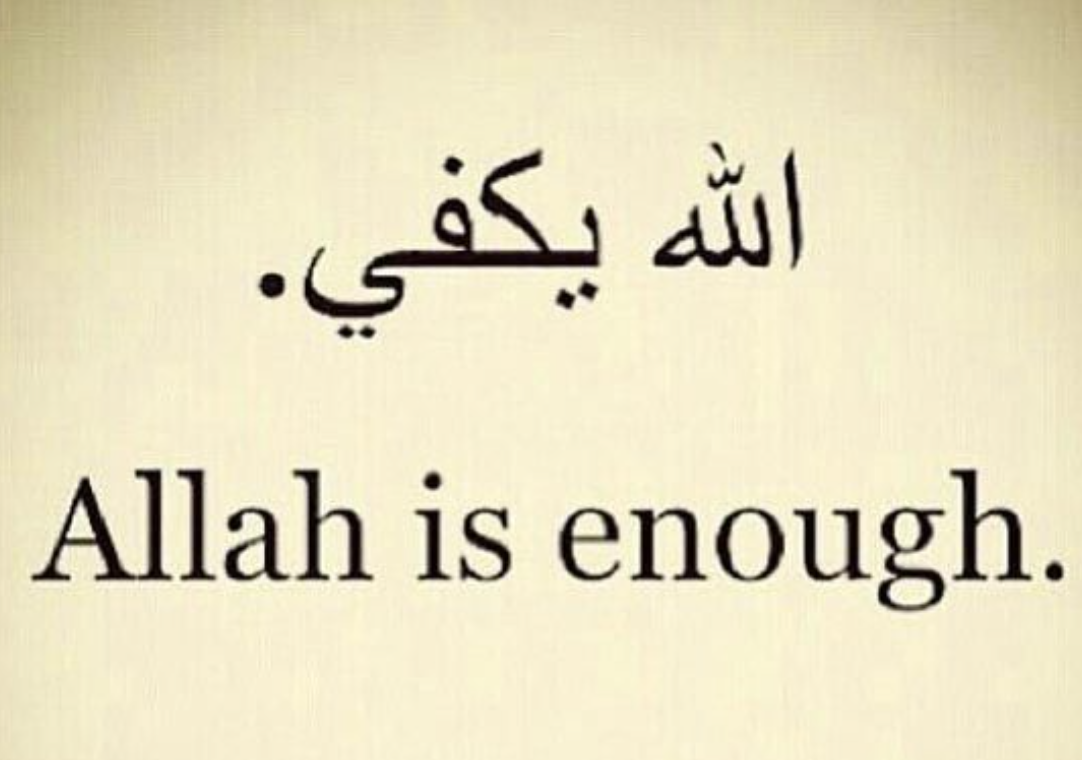QUESTION:
Why did the Bible accept slavery?
THE RELIGION GUY’S ANSWER:
There’s been intense discussion of this never-ending issue in 2023, as we’ll see.
In essence, defenders of the Bible explain that slave-holding was a fundamental aspect of society as far back as the earliest written annals we have, well before biblical times. Due to the existence of that powerful reality, the Bible did not and could not attempt to overthrow the sinful system but worked against its evils. Fact is, slavery was so ingrained that it was not outlawed till recent times, nearly 3,000 years after the Old Testament laws were written and 2,000 years after the New Testament dealt with the problem.
However, skeptics question the moral stature of the Jewish and Christian heritage because the Bible is outwardly neutral toward the practice of owning fellow human beings as property. After all, today slavery is considered a contemptible blight, as in the 1948 Universal Declaration of Human Rights from the United Nations: “No one shall be held in slavery or servitude; slavery and the slave trade shall be prohibited in all their forms.”
Recent events show how contentious the interpretation of slave history can be. Witness the July furor when a sentence in new Florida public school history guidelines said American slaves “developed skills which, in some instances, could be applied for their personal benefit.”
Catholics’ debate over their history has been revived this year. Some background: The pioneering 4th Century Bishop Gregory of Nyssa (in present-day Turkey) preached against slavery in the Roman Empire, but his was a lonely voice. The influential 13th Century theologian Thomas Aquinas taught that “nothing is so repugnant to human nature as slavery,” which amounts to “civil death.” And yet some people have “eminence of reason” that makes them “by nature masters” over those who have “deficiency.”





